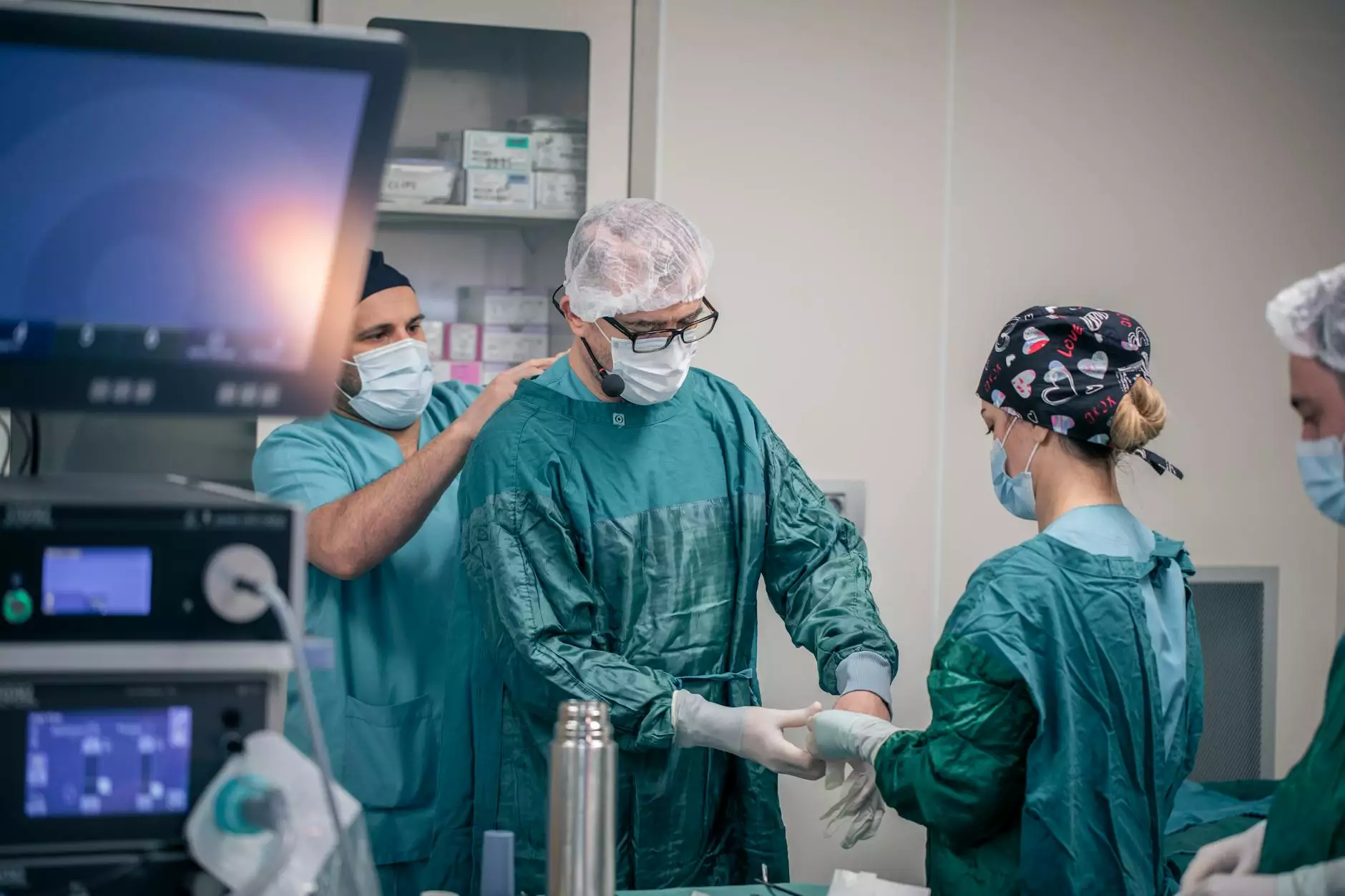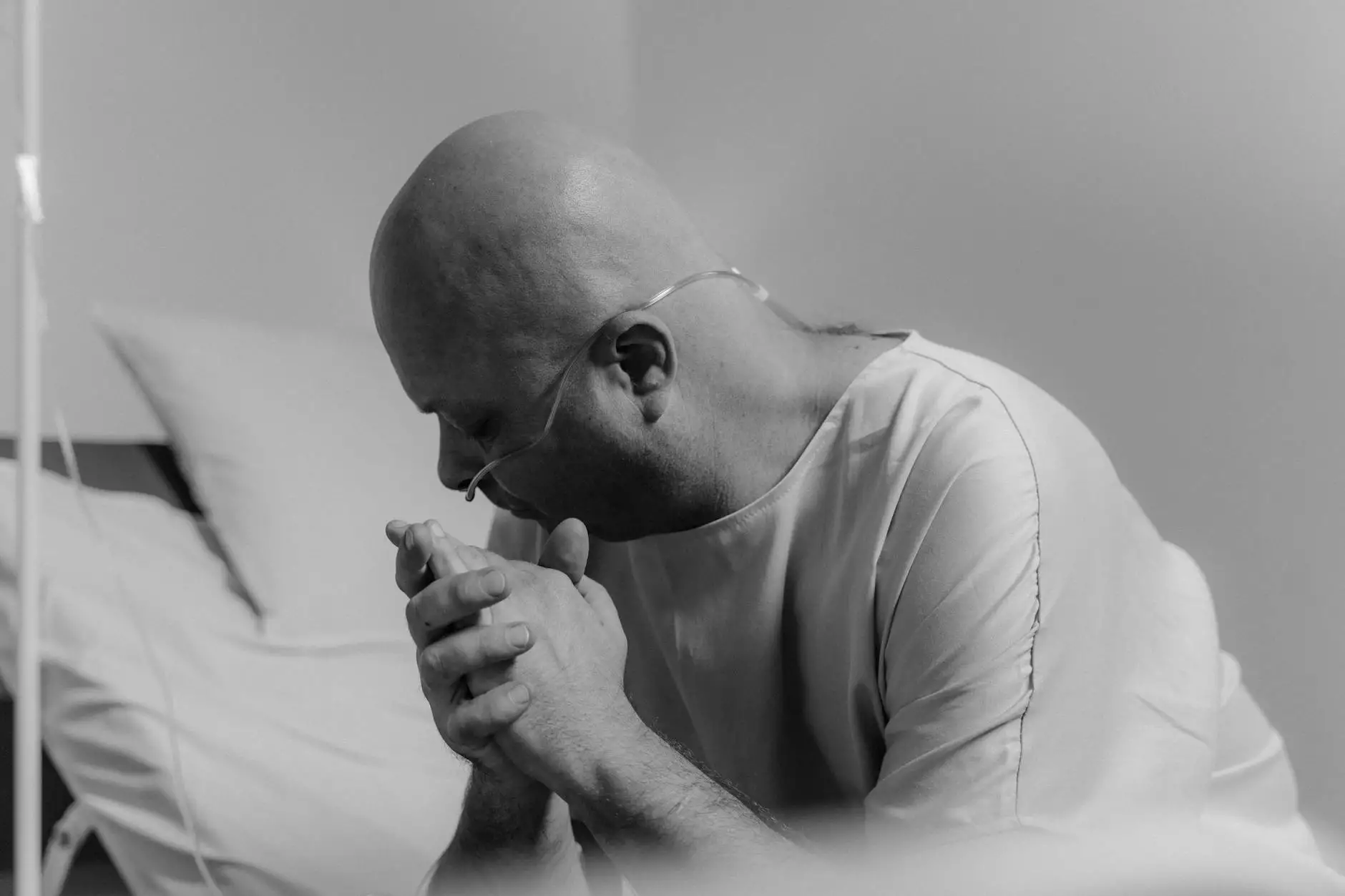Understanding the Role of Lung Surgeons in Modern Medicine

Lung surgeons play a crucial part in the medical field, particularly in the diagnosis, treatment, and management of various respiratory diseases. As specialists in thoracic surgery, lung surgeons are equipped with the knowledge and skills to address complex lung conditions that affect millions of individuals worldwide. This article delves into the significance of lung surgeons, the various procedures they perform, and why their expertise is indispensable in today's healthcare landscape.
The Importance of Specialized Care: Why We Need Lung Surgeons
Many individuals may not be aware of the complexity of lung diseases and the need for specialized treatment. The lungs are vital organs responsible for gas exchange, and any dysfunction can severely impact overall health. Conditions such as lung cancer, chronic obstructive pulmonary disease (COPD), and pulmonary infections can necessitate surgical intervention. Here, lung surgeons excel by not only performing surgeries but also providing comprehensive care and patient support.
Common Conditions Treated by Lung Surgeons
Lung surgeons address a variety of respiratory ailments, including but not limited to:
- Lung Cancer: One of the most critical conditions treated by lung surgeons. Early detection and surgical removal of tumors can significantly increase survival rates.
- Chronic Obstructive Pulmonary Disease (COPD): Severe cases may require surgical intervention, such as lung volume reduction surgery.
- Pneumonia and Lung Infections: Complicated infections may lead to the need for surgical drainage or removal of infected tissue.
- Pleural Effusion: Accumulation of fluid around the lungs often necessitates procedures like thoracentesis or chest tube placement.
- Interstitial Lung Disease: Surgical lung biopsies may be required to diagnose certain forms of lung disease.
- Trauma: Lung surgeons often respond to traumatic injuries that affect the respiratory system, providing immediate and critical care.
The Surgical Procedures Performed by Lung Surgeons
Lung surgery encompasses a range of procedures, each tailored to address specific health issues. Here are some of the most common surgical interventions performed by lung surgeons:
1. Lobectomy
A lobectomy involves the removal of a lobe of the lung. This surgery is often performed to treat lung cancer or severe infections localized to a particular lobe. The remaining healthy lung tissue can often compensate for the lost lobe, allowing the patient to breathe normally post-surgery.
2. Pneumonectomy
A pneumonectomy is more extensive than a lobectomy, as it entails the removal of an entire lung. This procedure is typically reserved for patients with large tumors or extensive lung damage.
3. Wedge Resection
This procedure involves removing a small, wedge-shaped section of lung tissue. It is frequently used in cases of early-stage lung cancer or to obtain a biopsy for further analysis.
4. VATS (Video-Assisted Thoracoscopic Surgery)
VATS is a minimally invasive surgical technique that allows lung surgeons to perform procedures using small incisions and the guidance of a camera. This method leads to less pain, shorter recovery times, and decreased hospital stays.
5. Bronchoscopy
Bronchoscopy is often employed for diagnostic purposes but can also be therapeutic. It allows surgeons to visualize the airways and perform biopsies or remove obstructions within the bronchial tubes.
Post-Operative Care and Patient Support
One of the critical roles of lung surgeons extends beyond the operating room. Post-operative care is essential for recovery and involves:
- Monitoring for Complications: Regular follow-ups to ensure there are no complications such as infections, bleeding, or respiratory issues.
- Pain Management: Implementing pain management strategies to alleviate discomfort and support recovery.
- Rehabilitation: Introducing pulmonary rehabilitation programs to help patients regain lung function and overall fitness after surgery.
- Cancer Care Coordination: Collaborating with oncologists, radiologists, and other healthcare professionals to develop a comprehensive treatment plan for cancer patients.
The Path to Becoming a Lung Surgeon
Becoming a lung surgeon is no easy feat. It requires extensive education, training, and dedication. The path generally includes:
- Clinical Education: Completing a medical degree followed by the necessary clinical education.
- Residency Training: Engaging in a residency program in general surgery, typically lasting five years.
- Fellowship in Thoracic Surgery: Following residency, aspiring lung surgeons must complete a specialized fellowship in thoracic surgery, which usually lasts two years.
- Board Certification: After completing residency and fellowship, candidates must pass rigorous exams to become board-certified.
- Continuous Education: Surgeons must engage in ongoing education to stay updated on advancements in technique and technology.
Innovations in Lung Surgery
The field of lung surgery continuously evolves with advancements in technology and techniques. Some of the notable innovations include:
Robotic-Assisted Surgery
Robotic-assisted surgical systems, like the da Vinci surgical system, have revolutionized lung surgeries. These systems enhance precision and control while minimizing surgical trauma and recovery time.
Enhanced Imaging Technologies
Advanced imaging technologies such as CT scans and MRI provide surgeons with detailed visuals of lung structures, improving surgical planning and outcomes.
Minimally Invasive Techniques
Minimally invasive techniques not only reduce recovery time but also the risk of complications. Innovations like endoscopic approaches allow surgeons to perform complex procedures with minimal incisions.
Conclusion: The Vital Role of Lung Surgeons
In conclusion, lung surgeons play an invaluable role in the healthcare system, addressing critical conditions that affect the respiratory health of individuals. With their specialized training and expertise, they perform complex procedures, provide essential post-operative care, and stay at the forefront of medical innovation. Whether it’s through performing life-saving surgeries or offering supportive care, lung surgeons are key players in the fight against lung disease.
As awareness about lung health and the diseases affecting it rises, the importance of consulting with specialists like lung surgeons becomes indisputable. For anyone facing respiratory challenges, it's crucial to understand that experts like those found at Neumark Surgery are dedicated to providing the highest standard of care.
Investing in lung health is investing in quality of life. Early diagnosis and intervention by lung surgeons can make a significant difference, making them a vital asset to the medical community and, ultimately, to the patients they serve.









